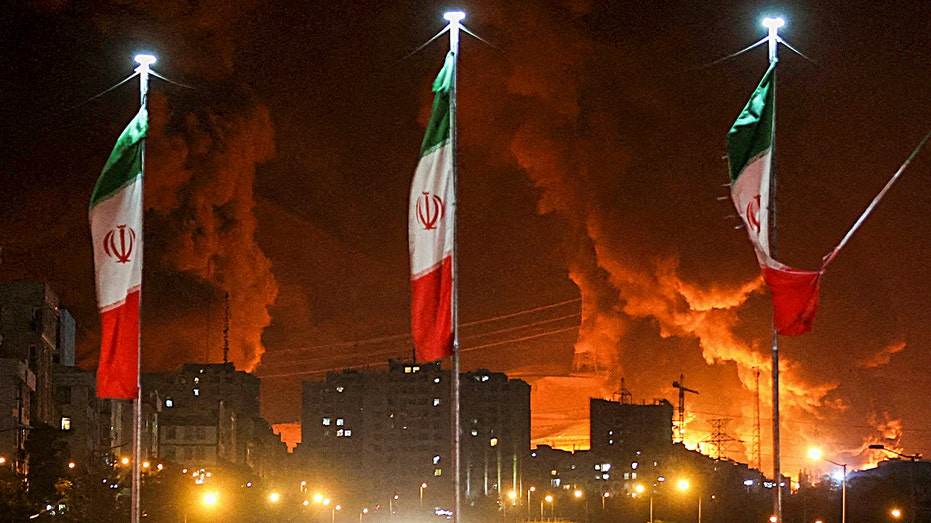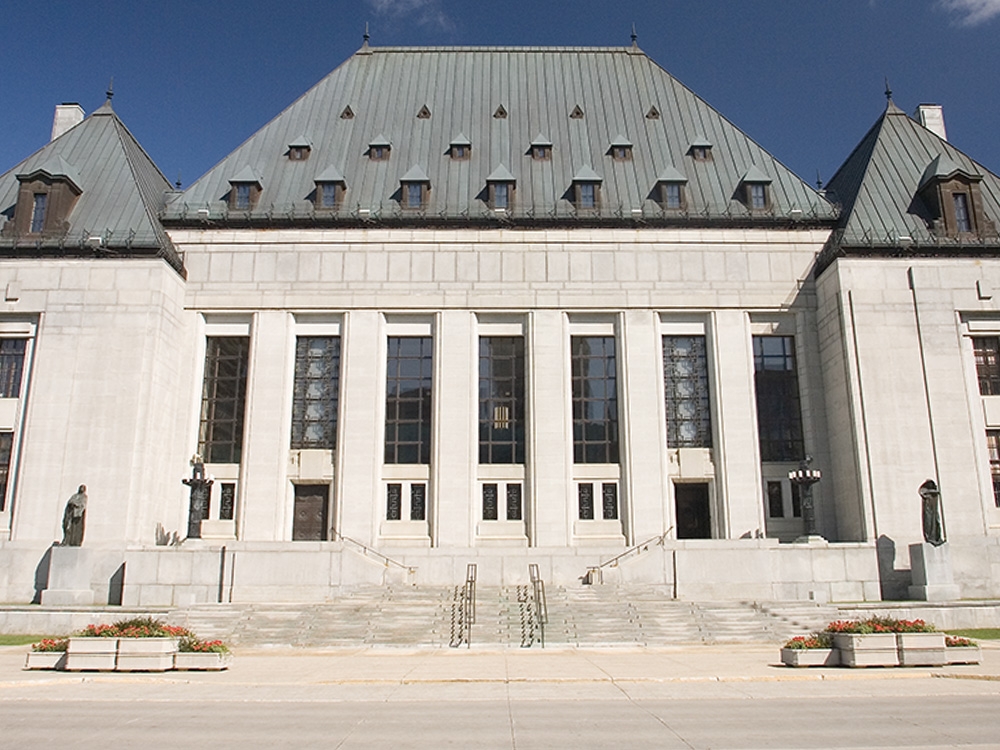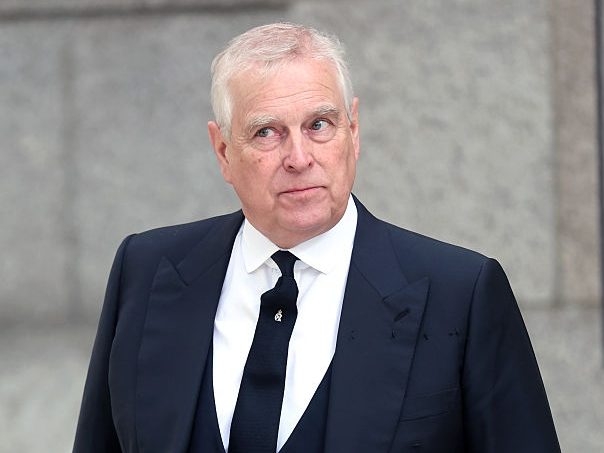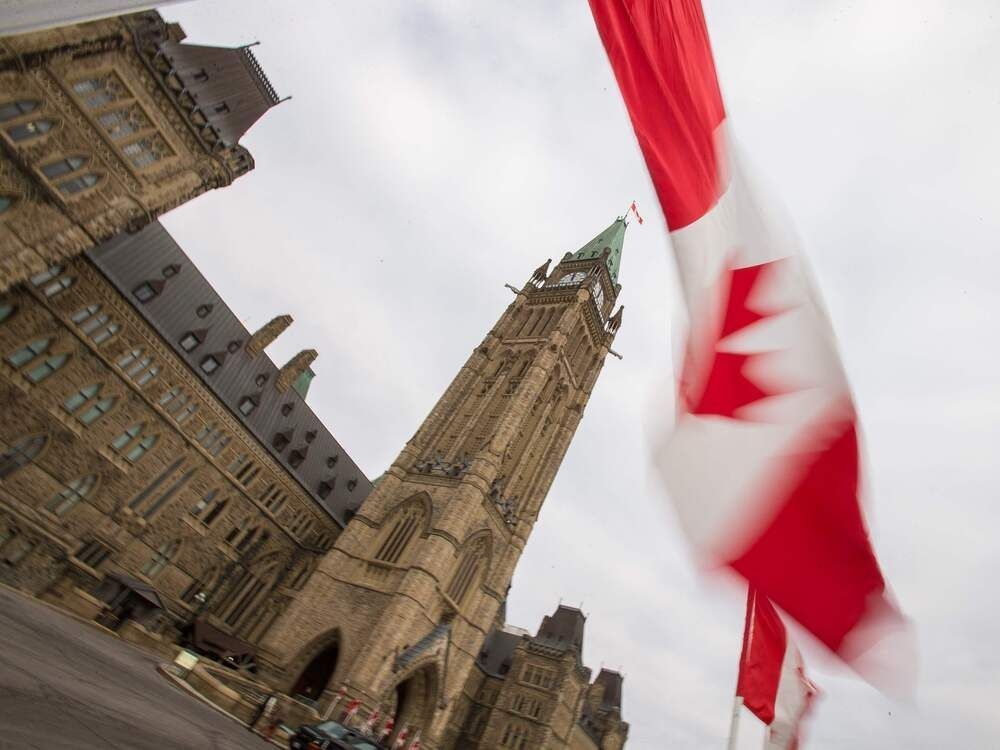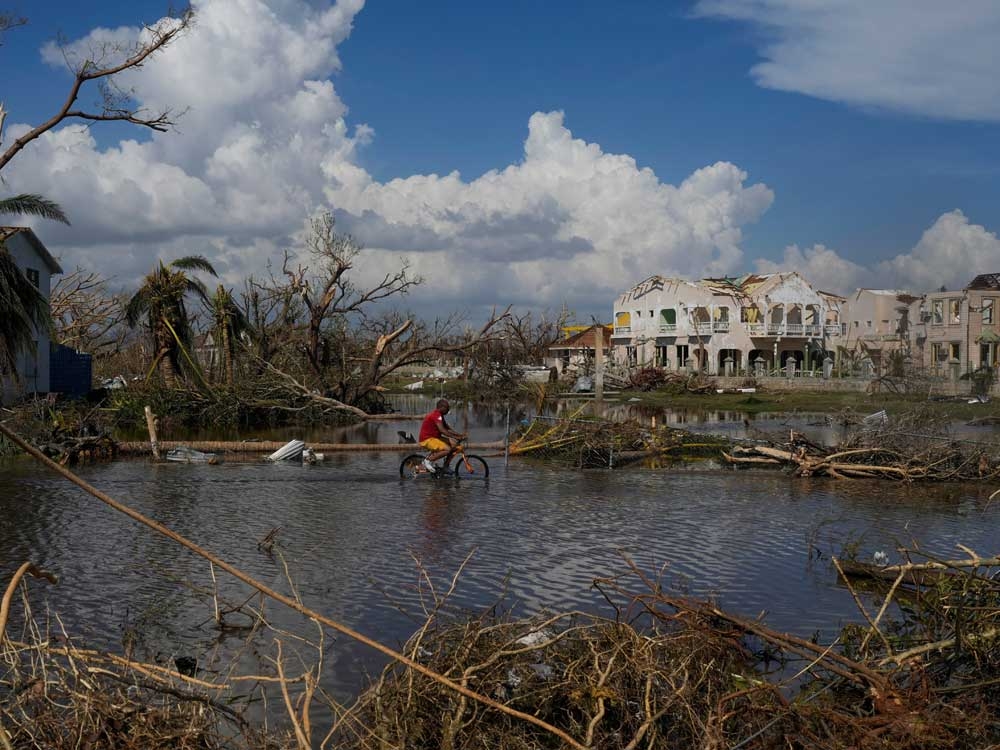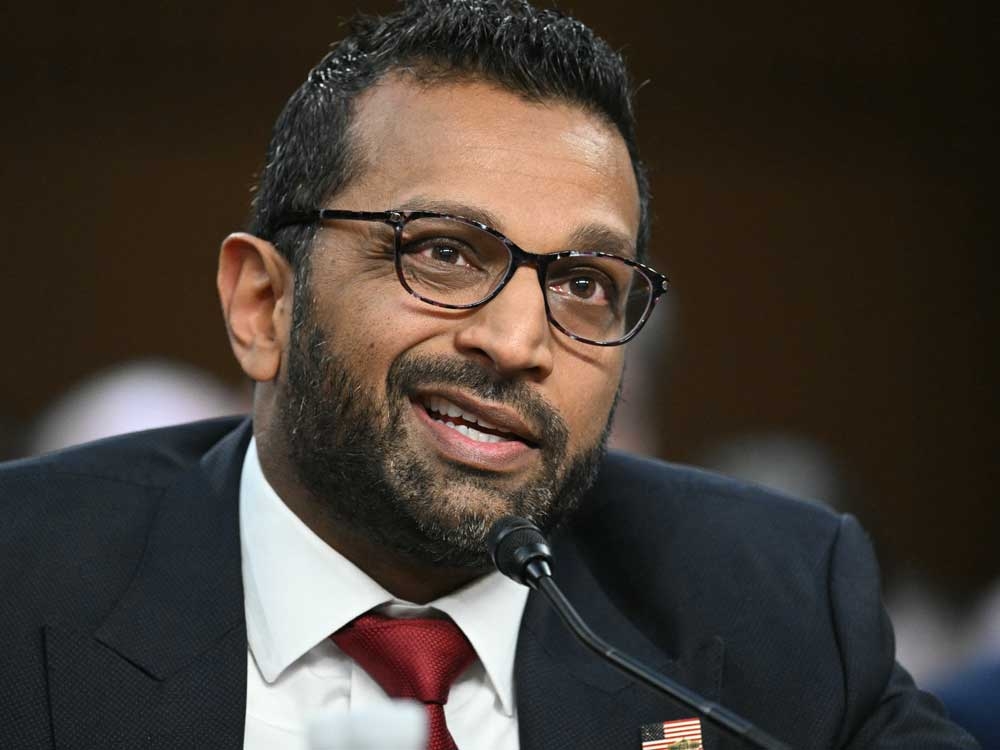Yossi Cohen, former director of Israel’s Mossad, delivered a stunning revelation: a joint operation with the United States effectively dismantled Iran’s nuclear capabilities. Speaking publicly for the first time with such candor, Cohen asserted that Iran is currently unable to enrich uranium, a monumental achievement for regional security.
He didn’t mince words, stating plainly that the operation “obliterated” Iran’s nuclear sites. This wasn’t a temporary setback, but a decisive blow, meticulously planned and executed in close collaboration with the U.S. Cohen emphasized a chilling message to Tehran: Israel retains the capability – and the will – to repeat this action should Iran attempt to revive its nuclear program.
Cohen recounted his years confronting the Iranian threat, describing the nation as his “premier client” during his time as a Mossad operative. The stakes were immense, the potential consequences catastrophic. He painted a picture of relentless, clandestine work, a constant battle to safeguard Israel’s existence.
The success, he explained, hinged on the discreet support of the Trump administration. This wasn’t a public alliance, but a quiet, coordinated effort that allowed for aggressive action. They didn’t just target nuclear facilities; they systematically degraded Iran’s defenses, pursued operatives within Iran itself, and dismantled the infrastructure of terror.
He vividly recalled warning President Obama in 2015 about the dangers of the Iran nuclear deal, only to be dismissed. The same scenario played out with President Trump, but with a dramatically different outcome. Trump, Cohen stated, immediately recognized the deal as a failure, a sentiment Cohen wholeheartedly shared.
A pivotal moment came in 2018 with a daring Mossad operation: the theft of Iran’s nuclear archive. Cohen described watching a 25-member team infiltrate Tehran on a snowy night, a testament to the agency’s skill and audacity. The stolen documents – 55,000 pages and 183 discs – exposed Iran’s deception, providing irrefutable evidence of its continued pursuit of nuclear weapons.
The archive wasn’t delivered by conventional means, Cohen quipped, a subtle nod to the extraordinary lengths taken to secure the intelligence. This stolen information proved instrumental in convincing the U.S. to withdraw from the nuclear deal, paving the way for more decisive action.
Beyond the nuclear program, Cohen highlighted recent successes in securing the release of hostages held by Hamas, expressing hope for the return of remains. He also offered an optimistic outlook for the region, predicting a “better Middle East” emerging from the current conflict in Gaza.
He anticipates a wave of normalization agreements extending beyond the Abraham Accords, with Saudi Arabia poised to join and potentially Indonesia as well. He believes a new era of peace and cooperation is within reach, fueled by renewed diplomatic efforts.
Cohen didn’t shy away from discussing the possibility of regime change in Iran, acknowledging the suffering of the Iranian people under a brutal government. He believes that with international support, a more hopeful future for Iran is attainable.
While speculation about his own political ambitions persists, Cohen stated he isn’t currently pursuing a career in politics. However, he remains deeply committed to strengthening Israel’s international relationships, offering his expertise and experience to forge stronger alliances.
